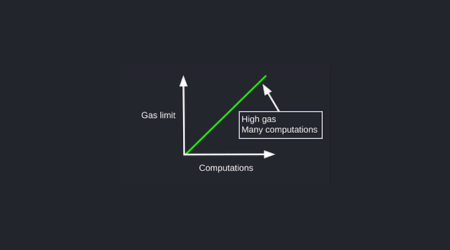Have you ever wondered how to retrieve specific events from blockchain blocks in Solidity?
In this article, we will dive deep into the importance of event retrieval in Solidity and explore the techniques and best practices for efficiently retrieving those events.
By understanding the structure of blockchain blocks and leveraging innovative approaches, you will gain a comprehensive understanding of how to extract valuable information from the blockchain.
Join us on this technical journey as we uncover real-world use cases and empower you with the knowledge to harness the power of Solidity.
1. Key Takeaways
- Event retrieval is crucial for accessing specific events from blockchain blocks.
- Solidity offers event filtering and event indexing techniques for retrieving specific events.
- Implementing event filtering and indexing can optimize retrieval and improve performance.
- Event retrieval techniques enable real-time updates on blockchain events in decentralized exchanges.
2. The Importance of Event Retrieval in Solidity
You need to understand the importance of event retrieval in Solidity. Improving event filtering and optimizing event retrieval are crucial for efficiently accessing specific events from blockchain blocks.
Solidity provides powerful event-driven programming features that allow you to emit events during contract execution. These events can then be retrieved to obtain valuable information about the contract’s state changes.
Understanding how to retrieve events is a fundamental aspect of working with blockchain technology and lays the foundation for comprehending the structure of blockchain blocks.
3. Understanding the Structure of Blockchain Blocks
To understand the structure of blockchain blocks, it’s important to grasp how they are organized and interconnected.
In Ethereum, the block structure consists of a header and a body. The block header contains metadata such as the block number, timestamp, and difficulty, while the block body includes the transactions and state changes. This organization allows for efficient storage and retrieval of information within the blockchain.
Now, let’s dive into the techniques for retrieving specific events in solidity.
4. Techniques for Retrieving Specific Events in Solidity
Now, let’s explore the methods used in Solidity for fetching particular occurrences.
Solidity provides two techniques for retrieving specific events: event filtering and event indexing.
Event filtering allows you to specify conditions that the events must meet in order to be retrieved. This is useful when you want to fetch only a subset of events from a large set.
On the other hand, event indexing allows you to assign indexes to events, making it easier and faster to retrieve specific events based on their indexes.
These techniques will be further discussed in the subsequent section on best practices for efficient event retrieval in Solidity.
5. Best Practices for Efficient Event Retrieval in Solidity
If you want to efficiently retrieve events in Solidity, it is important to follow these best practices:
- Use event filtering techniques to narrow down the events you need from a large set.
- Implement event indexing to optimize the retrieval process and improve performance.
- Use indexed parameters wisely to filter events based on specific criteria.
- Avoid unnecessary event data duplication to reduce storage costs and improve efficiency.
By following these practices, you can optimize event retrieval in Solidity and enhance the overall performance of your smart contracts.
Now let’s explore some real-world use cases for retrieving specific events in Solidity.
6. Real-world Use Cases for Retrieving Specific Events in Solidity
You can enhance the efficiency of your smart contracts by implementing event retrieval techniques in Solidity.
One of the challenges faced in retrieving specific events in Solidity is the lack of a built-in mechanism for filtering and querying events. However, developers have found innovative solutions to overcome this limitation.
For example, in real-world applications like decentralized exchanges, event retrieval techniques have been successfully implemented to provide users with real-time updates on trades, balances, and other important events happening on the blockchain.




